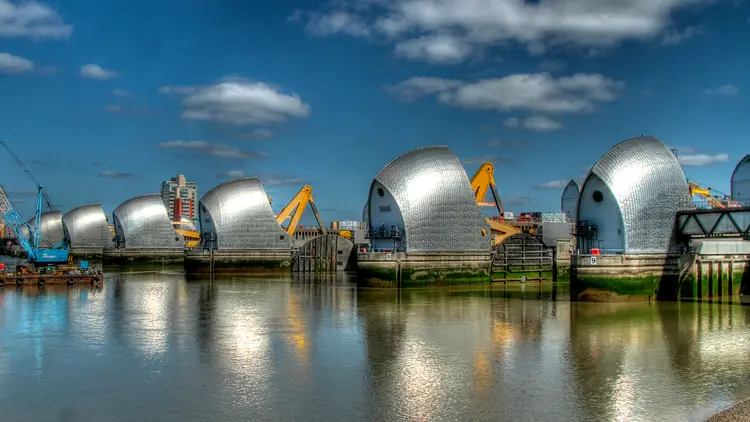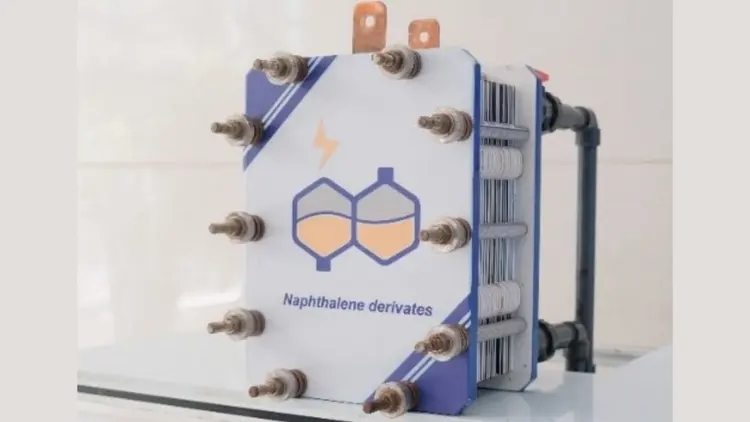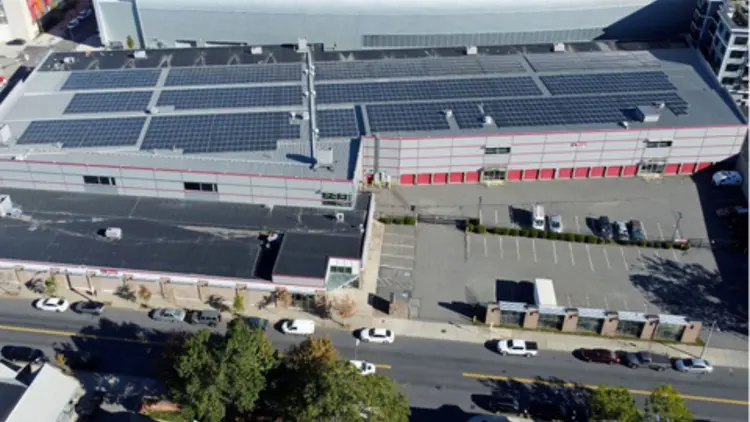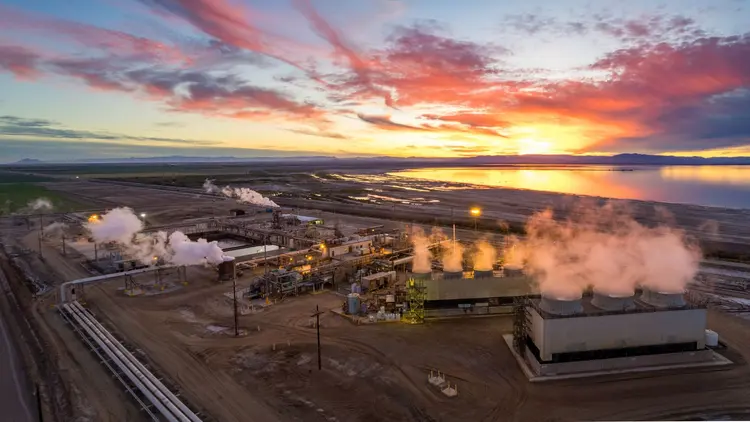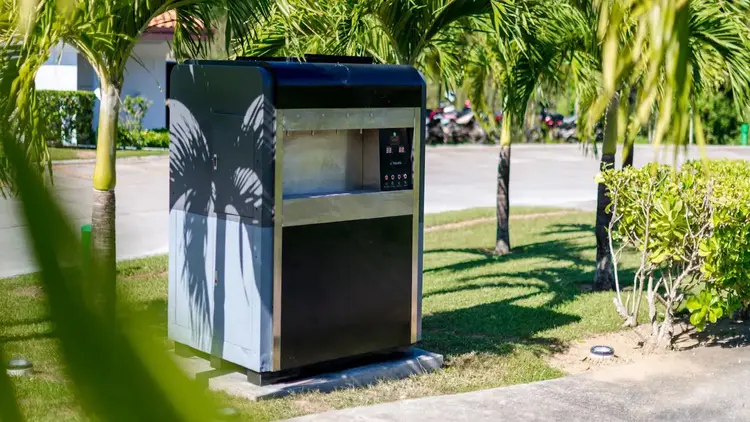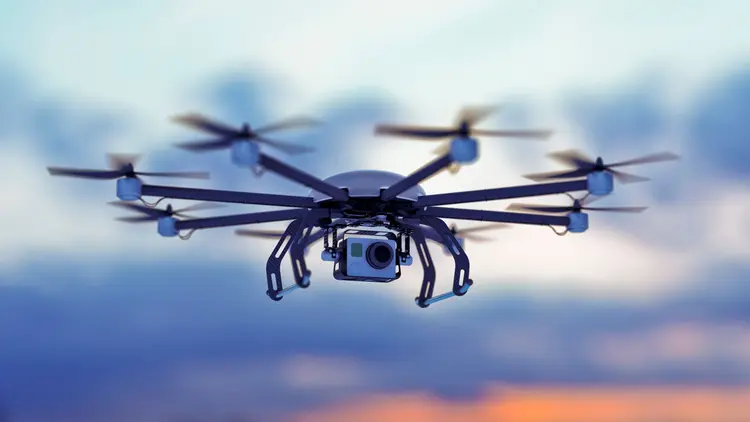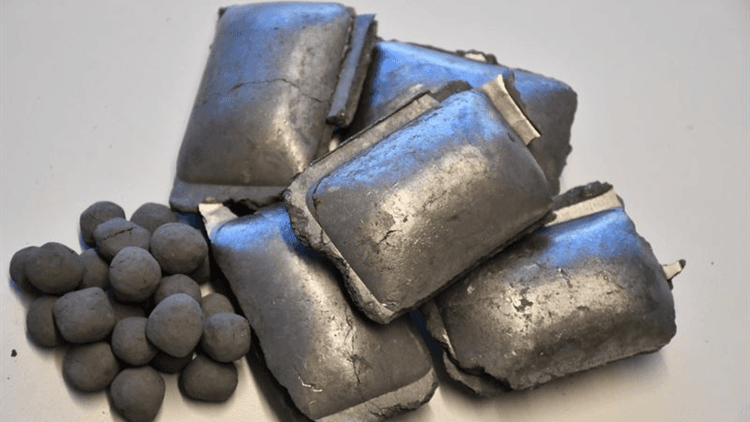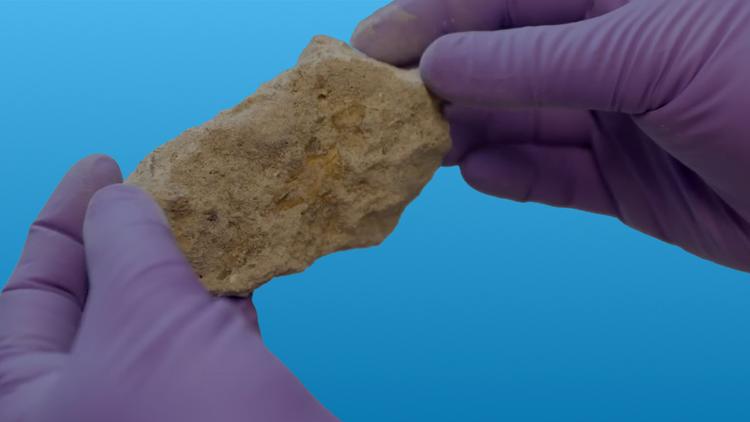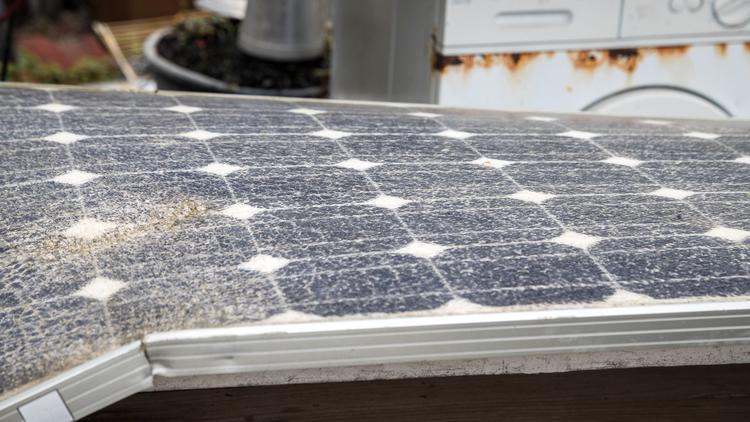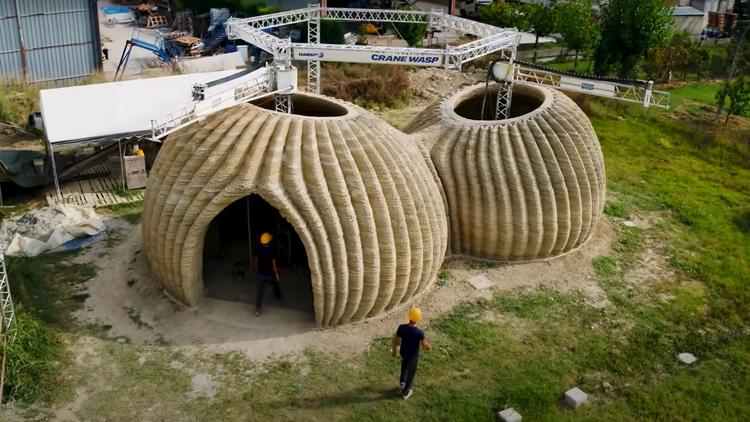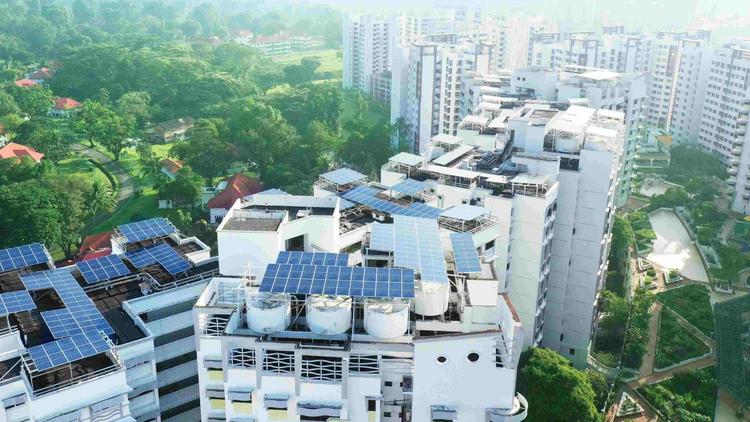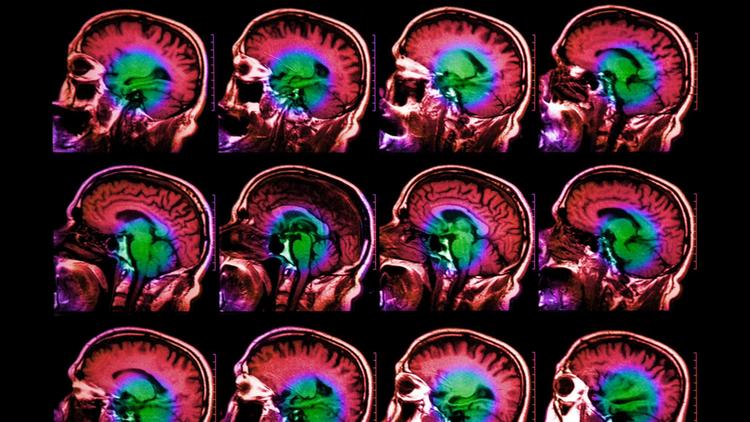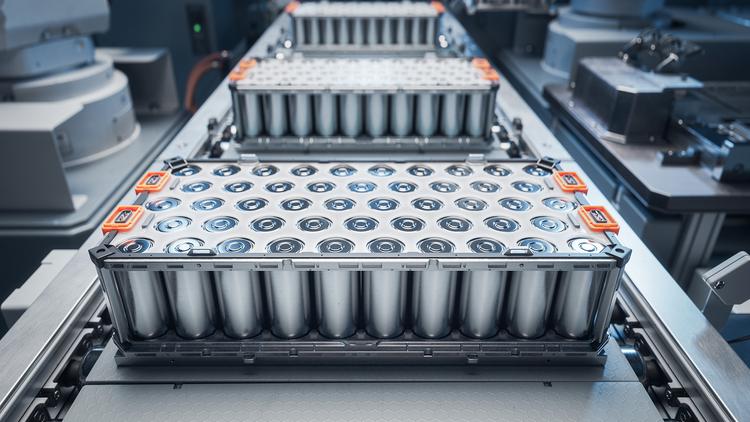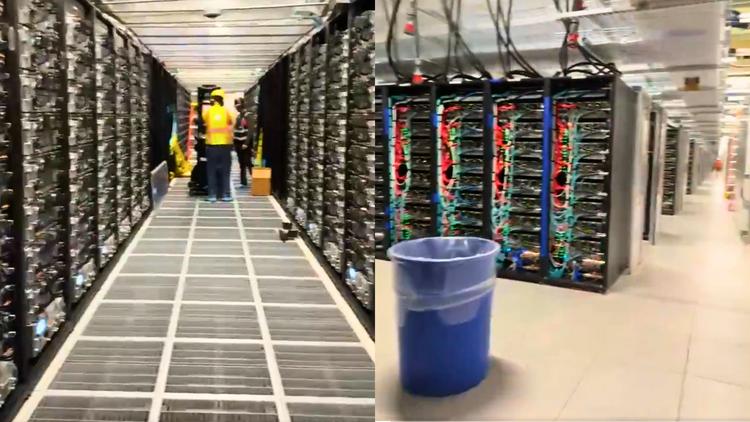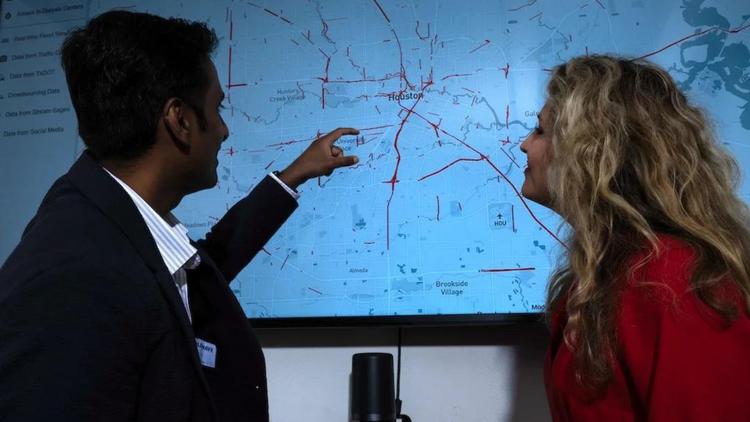innovation
Get news on the latest new innovations in technology, health, and more with Interesting Engineering. From AI, cryptocurrency, to drones, we will research and explore everything so that you can learn about the newest innovations.
Thames Barrier: Is London’s flood defense living on borrowed time?
The Thames Barrier was designed to protect London from catastrophic flooding like the North Sea Flood of 1953.
Bats’ sky-high blood sugar levels offer new hope for diabetes research: Study
To explore how bats diversified their diets, researchers embarked on extensive fieldwork in the jungles of Central America, South America, and the Caribbean.
China scientists’ breakthrough flow battery hits 850 cycles, retains 99.95% capacity
With new organic molecules, the organic flow battery performed well for 600 cycles without a drop in capacity.
8.5 million sqft of rooftop space in US to host 100 MW of solar power
Solar Landscape’s STEP-UP program has trained over 2,500 individuals, boosting workforce diversity in the clean energy sector.
150 MW geothermal energy to power Meta’s data centers in first US project
Meta said the new partnership with Sage Geosystems will significantly expand the use of geothermal power in the US.
Stanford makes semi-transparent solar cell with 22% efficiency using tungsten
Semi-transparent and flexible solar cells have a range of applications in aerospace, architecture and in wearables.
Solar-powered box extracts 264 gallons of drinking water from air per day
Aquaria’s line of atmospheric water generators can provide clean drinking water to drought-stricken regions.
Japan: AI-powered drones to monitor disaster zones and identify criminals
Drones move faster than police cars or guards, reaching incident site quickly and allowing for prompt action and response.
HYBRIT achieves hydrogen-fueled iron, steel production at industrial scale
The results seen during the pilot phase have opened the doors for the implementation of HYBRIT process on an industrial scale.
Sponge for CO2: New wood-based material captures, releases carbon on demand
FAMU-FSU College of Engineering creates a biomaterial that could not only replace plastic but absorb carbon dioxide.
Zero Emission Cement
Cambridge researchers developed a zero-emission cement method, recycling old concrete in steel furnaces. If powered by renewables, this could cut 7.5% of global emissions and make concrete fully sustainable.
Sir Peter Beck: Rocket Lab’s Neutron to smash Falcon 9 monopoly
“No monopoly survives the test of time,” Rocket Lab CEO Sir Peter Beck told IE in an interview.
Scientists recover almost 99% of pure silver from dead solar cells
Aluminum and steel used with solar panels are easy to recover but recovering copper and silver is time and energy intensive.
UN deploys unique 3D printer to build homes from dirt, waste in Colombia
Crane WASP, a large 3D printer, builds using natural resources like dirt and agricultural waste, eliminating the need for concrete.
Buildings to homes: Microsoft grabs 100% of Singapore’s largest solar project
Microsoft has encountered challenges in its pursuit to become carbon-negative by 2030, with a 30% increase in emissions last year compared to 2020 levels.
Tiny 8mm mind-reading chip turns thoughts into text with 91% accuracy
By converting thoughts into text, the MiBMI offers a revolutionary communication tool for people with severe motor disabilities.
MIT neuroscientists discover neurons with distinct language processing timescales
In language-processing areas of the brain, some cell populations respond to one word, while others respond to strings of words.
Japan’s manganese-boosted EV battery hits game-changing 820 Wh/Kg, no decay
Manganese anodes in Li-ion batteries achieved 820 Wh/kg, surpassing NiCo batteries’ 750 Wh/kg.
Tesla’s Cortex AI supercomputer revealed by Elon Musk, 350,000 Nvidia GPUs planned
The 20-second clip offers a glimpse inside the massive facility, revealing rows of servers packed with Nvidia H100 GPUs.
New AI system by Rice engineers enhances real-time flood detection on roads
OpenSafe Fusion leverages existing individual reporting mechanisms and public data sources to sense quickly evolving road conditions.
